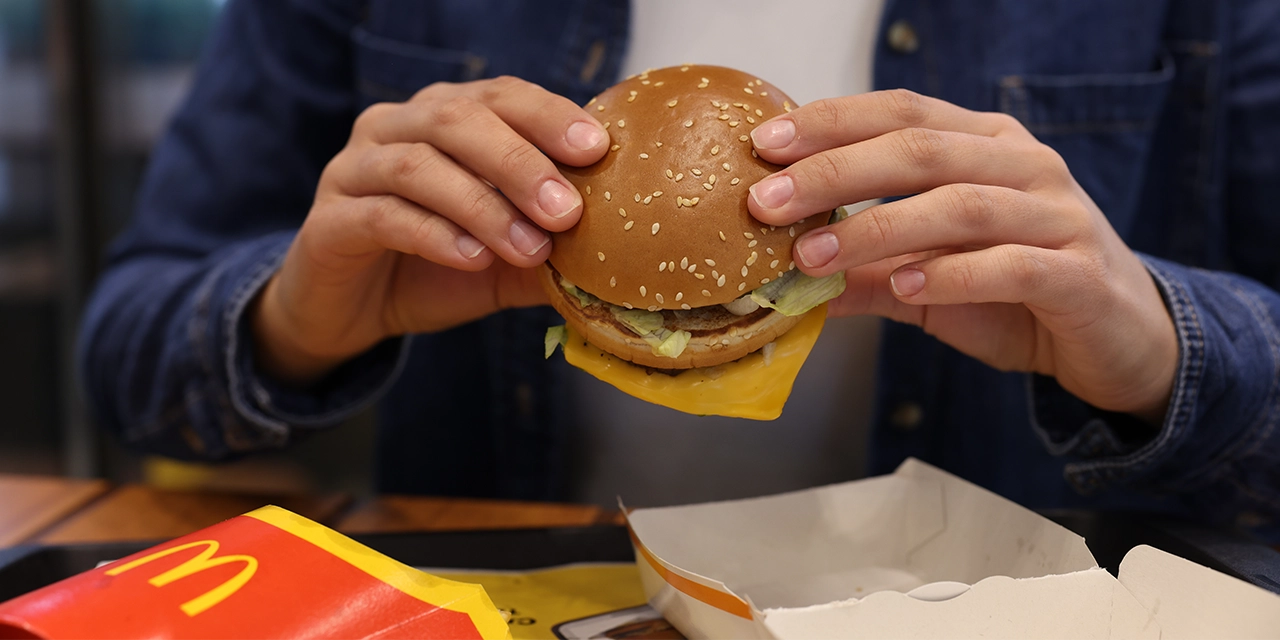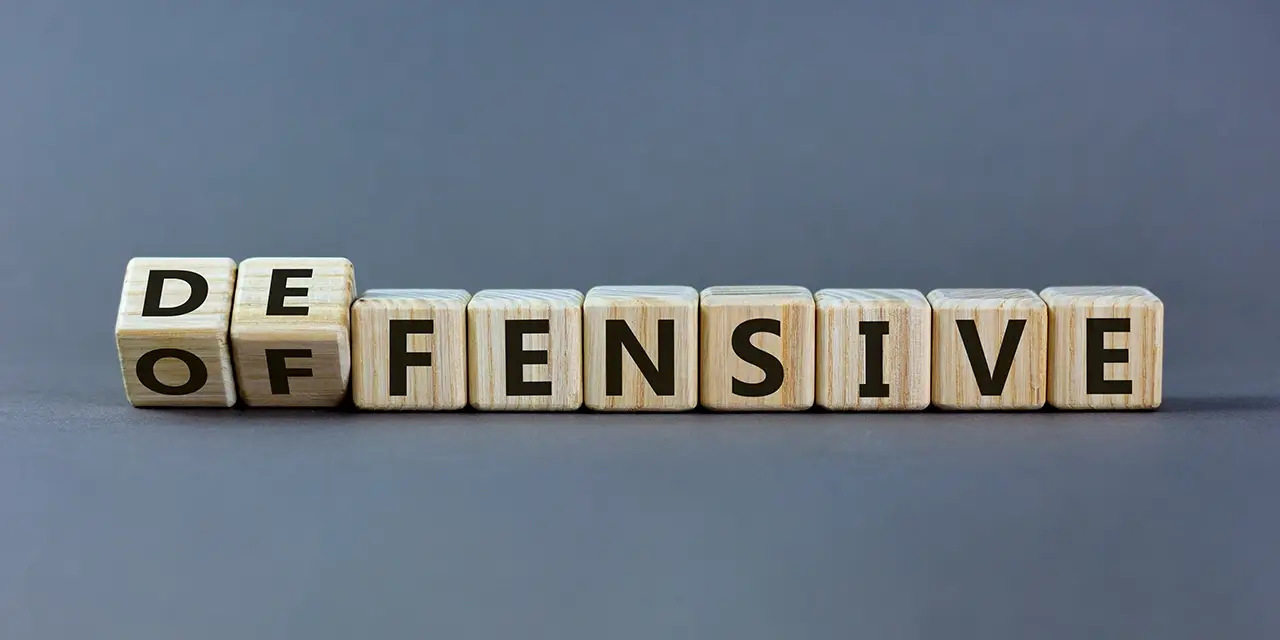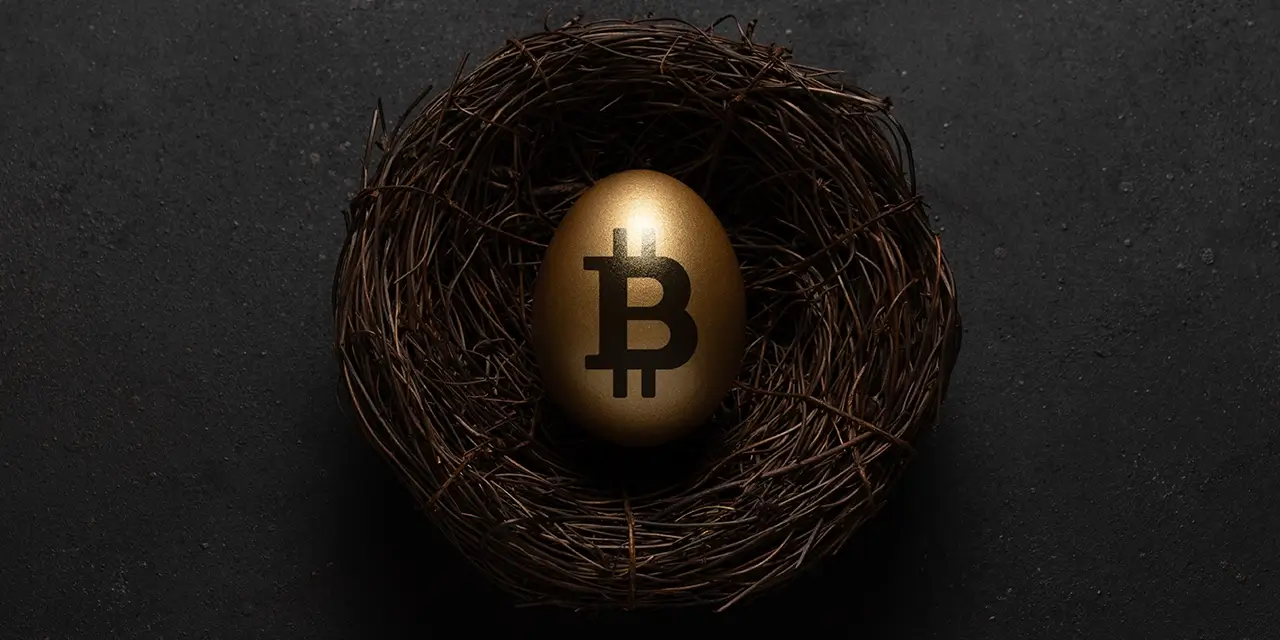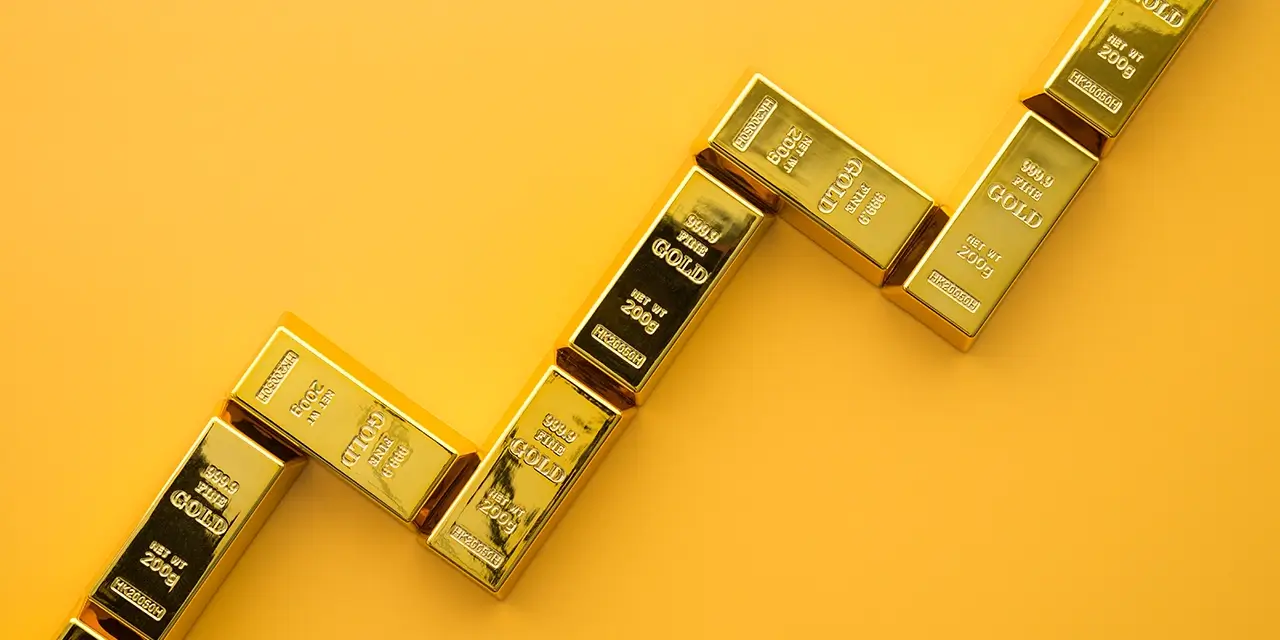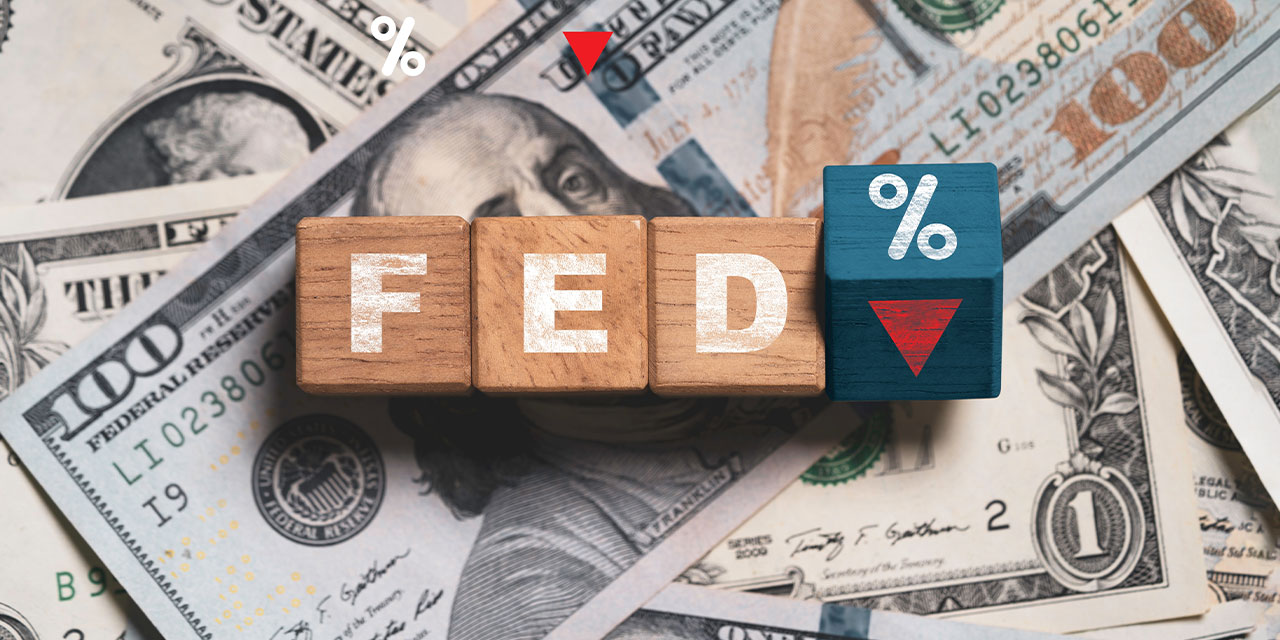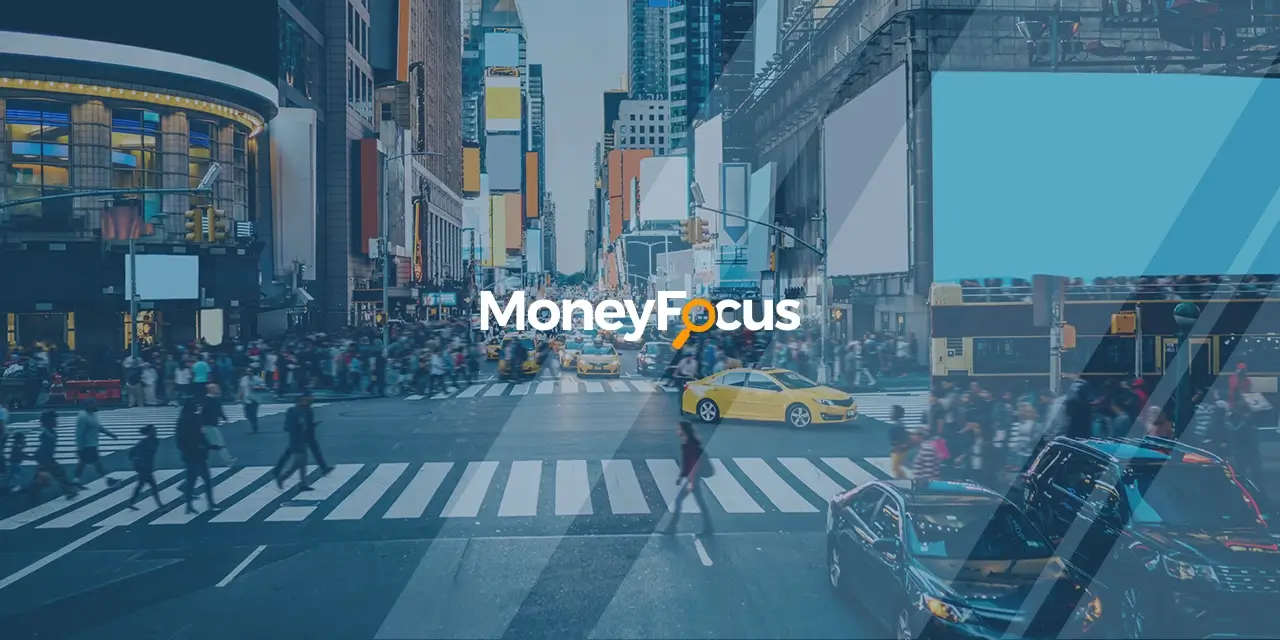By Ambrose O’Callaghan
Warren Buffett – worth over US$150 billion at the end of March 2025 – has garnered a reputation as one of the world’s most successful long-term investors. From the year 2000 until 2024, Warren Buffett’s portfolio has had two constants; The Coca-Cola Company and American Express. This shows the faith that Warren Buffett has maintained in two of America’s premier companies and brands.
The world’s premier brands represent quality, consistency, and reliability. These are qualities that break barriers like language or culture, with brand symbols like McDonald’s and NIKE gaining brand recognition no matter where you are on the planet. These multinational brands possess the strength and durability to withstand market downturns. They can adapt to changing conditions.
Global brand advantages: Durability and adaptability
One of the most recognizable brands on the planet is Coca-Cola. It derives its name from the iconic soft drink that was invented by Dr. John S Pemberton in 1886. From humble beginnings, its brand has expanded to other world-leading soft drink brands like Fanta, Sprite, and Diet Coke.
Coca-Cola is the largest non-alcoholic beverage company on the planet. It sells soda, water, sports drinks, and others under its wide umbrella of offerings. The company is home to four out of the five top-selling soft drink brands in the worlds – Coca-Cola, Diet Coke, Fanta, and Sprite. Moreover, Coca-Cola brands account for 3% of all beverages served worldwide. That staggering number illustrates the staying power of the Coca-Cola brand.
But what about during difficult economic times? Many Coca-Cola brands are bought at a retailer and enjoyed on the go or at home. However, roughly half of its revenue comes from sales away from home. Their beverages are sold at stadiums for sporting and entertainment events, at bars, restaurants, and other venues. These industries are more vulnerable during difficult economic periods.
Still, Coca-Cola has proven to be resilient during drawdowns. For example, in 2008, Coca-Cola’s revenue rose to $31.9 billion compared to $28.9 billion in 2007, while its diluted earnings per share dipped to just $2.49 compared to $2.57.
Coca-Cola proved it was adaptable during the worst of the COVID-19 pandemic. The company worked to support the demand for access in e-commerce channels. It suffered a sharp revenue drop due to the closures, but would bounce back quickly following the reopening.
Why is dividend growth important?
A company’s publicly listed stock pays out a dividend as a distribution of its profits to its shareholders. When a company is able to pay out a dividend, it is a sign that it is financially healthy and turning a profit. Moreover, when a company is not only able to pay out consistent dividends, but raise them steadily, that is a strong sign of its long-term health and reliability. The investing world has come up with terms like “Dividend Aristocrat” and “Dividend King” to describe companies that break a specific threshold with their history of dividend growth.
A “Dividend Aristocrat” is a company with a stock that has consistently increased its shareholder payouts for at least 25 consecutive years. Meanwhile, a “Dividend King” is a company that has increased its dividend payouts for 50 consecutive years. This is considered elite company, as businesses that have achieved this milestone have delivered more than a half century of excellence and consistency.
5 Longest Dividend growth streaks in HBF:
- Procter & Gamble – 69 years
- The Coca-Cola Company – 63 Years
- PepsiCo – 53 Years
- Walmart Corporation – 52 Years
- McDonalds Corporation – 48 Years
HBF | The strength of global brands plus monthly income
The Harvest Brand Leaders Plus Income ETF (HBF:TSX) provides investors access to the world’s leading brands. These companies possess global reach, strong financials, and a dominant market share in their respective spaces. The brands have track records of resilience through various market cycles and are viewed as high-quality long-term investments.
Harvest chooses global brands that offer specific strengths to have a position within the portfolio:
- Premium Pricing: Built on trust & loyalty
- Diversity: Across geographic & cultural barriers
- Survivors: Loyalty, endurance, long operating history
- Growth & Stability: Long term growth and dividend generators
The Harvest Brand Leaders Plus Income ETF’s core holdings are US-based large capitalization companies with the best rated brand names. We have already touched on The Coca-Cola Company. However, HBF also holds American and global staples like McDonald Corporation, Visa, Apple, Walmart, Alphabet, and others.
A covered call option writing strategy is then overlayed on a portion (~33%) of HBF’s portfolio to support its monthly cash distributions to unitholders. This ETF last paid out a monthly cash distribution of $0.0650 per unit.
Annual Performance
As at September 30, 2025
| Ticker | 1M | 3M | 6M | YTD | 1Y | 2Y | 3Y | 4Y | 5Y | 7Y | 8Y | 10Y | 11Y | SI |
|---|---|---|---|---|---|---|---|---|---|---|---|---|---|---|
| HBF | 3.44 | 7.51 | 12.86 | 11.00 | 12.97 | 16.31 | 15.39 | 6.41 | 10.70 | 9.00 | 9.79 | 10.55 | 8.95 | 8.69 |
| HBF.B | 4.96 | 10.34 | 10.25 | 8.89 | 18.09 | 19.21 | 16.93 | 10.03 | 12.67 | - | - | - | - | 13.28 |
| HBF.U | 3.57 | 7.96 | 14.00 | 12.48 | 14.76 | 17.77 | 16.64 | 7.47 | 11.68 | 10.17 | 10.92 | 11.69 | 10.04 | 9.72 |
Disclaimer:
Commissions, management fees and expenses all may be associated with investing in Harvest Exchange Traded Funds managed by Harvest Portfolios Group Inc. (the “Funds”). Please read the relevant prospectus before investing. The Funds are not guaranteed, their values change frequently, and past performance may not be repeated. Tax investment and all other decisions should be made with guidance from a qualified professional.

